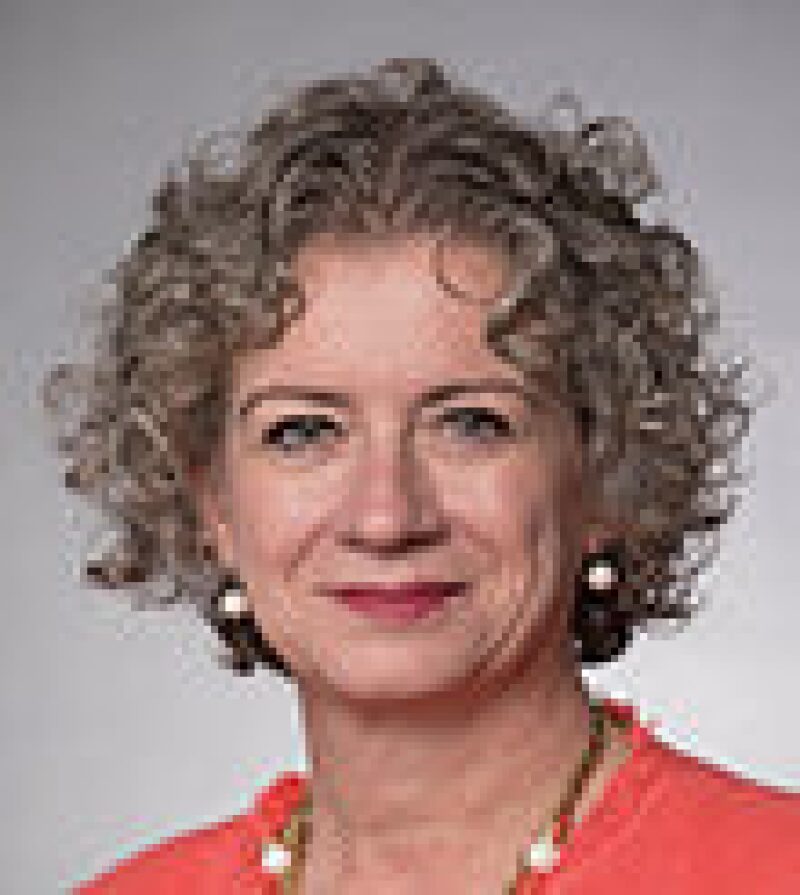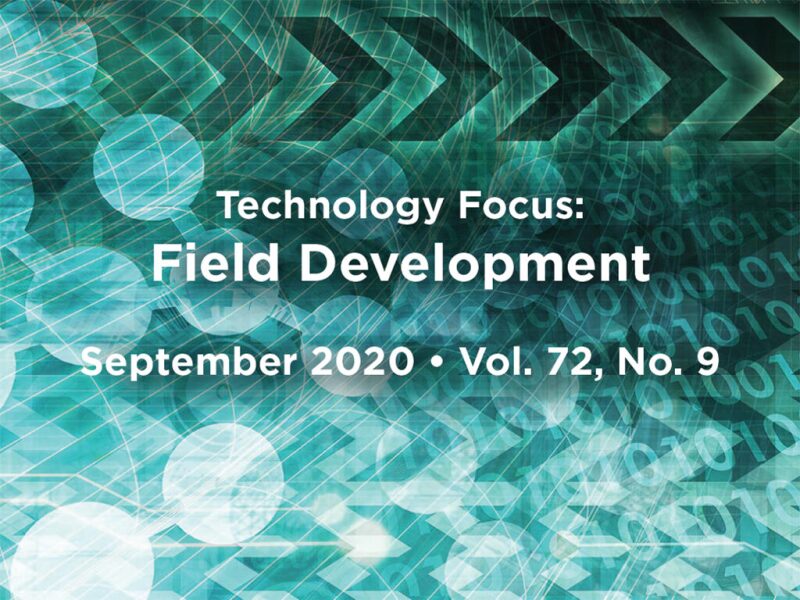Field developers have shifted the usual approach to planning and operations to a “dare to try” approach, experimenting, piloting, and directly implementing from the start a digital transformation of their activities. Under the mandate of decarbonization and safe operations embraced by many international, national, and service oil companies, there is no turning back on an accelerated journey of field-development projects that are moving toward automatic production optimization and predictive maintenance loops.
Real and tangible results are available, proving that shifting the focus on operations to a digital approach, using digital twins, machine learning, and artificial intelligence (AI) truly benefits operators in three main aspects: safety, monetization of investment, and low carbon. Operators who do not engage in this wave most probably will lose competitive advantage soon.
Swift innovation in field development was accelerated by the commanding need to reduce operating costs because of low oil prices during the last 2 years and by the imperative urgency of enabling remote and distance-conscious working during the current pandemic. The developments in engineering and digital technology are being integrated to launch solutions never envisioned before, such as wind farms offshore to provide more electricity where it is needed without affecting the environment and North Sea developments modeled on digital twins with little or no staffing. Collaboration among a variety of companies, big and small, is also a preferred approach, leading the way toward the sure digital future in oil and gas.
What I consider extremely relevant is the speed with which these improvements are taking place. The selection of articles in this section illustrates three main facets of this vertiginous speed: offshore developments modeled on digital twins that include decarbonization and digitalization implementations that take only months (literally), AI percolating the modeling strategies and consultancy services for large oil and gas operators, and the remarkable innovation of producing electricity with floating wind farms in offshore fields.
We live in an exciting transformation era, in which “dare to try” is needed, and we need to learn from any mistakes quickly to shape better field developments that take care of the environment, reduce costs, and increase safety. A failure to dare now will penalize operators who did not grip the imminent change.
This Month's Technical Papers
Compositional Simulation, Artificial Intelligence Optimize Water Injection
Johan Sverdrup’s Digital Operations Drive Efficiency, Safety
Company Integrates Offshore Windfarm Into Subsea Field Development
Recommended Additional Reading
SPE 195862 Characterizing Thinly Bedded Low-Resistivity Reservoirs in Mature Fields by Sanjeev Rajput, Petronas, et al.
URTeC 198310 Developing Coal Bed Methane Project as a Truly Sustainable Venture: Strategies, Technologies, and Methodologies by Vilas Tawde, Essar, et al.

| Maria A. Capello, SPE, is an award-winning author in energy and an expert in sustainability, diversity, talent development, and leadership. Capello has worked in Latin America, the United States, and the Middle East, serving with Halliburton, Kuwait Oil Company, and Petróleos de Venezuela. She holds a licentiate degree in physics from Simon Bolivar University and an MS degree in geophysics from the Colorado School of Mines. Capello holds a lifetime membership from the Society of Exploration Geophysicists, serving on their Board of Directors, and has received its Distinguished Member and Regional Service awards. She has been awarded an Honorary Membership of SPE. Capello is also a Distinguished Member of SPE and a SPE Distinguished Lecturer for 2018–19 and 2020–21. Capello is the lead author of two books, Mentoring and Sponsoring: Keys to Success and Learned in the Trenches: Insights into Leadership and Resilience. She is the co-Chair of the United Nations Women in Resource Management. Capello serves on the JPT Editorial Committee and can be reached at Mariangelacapello@gmail.com. |


